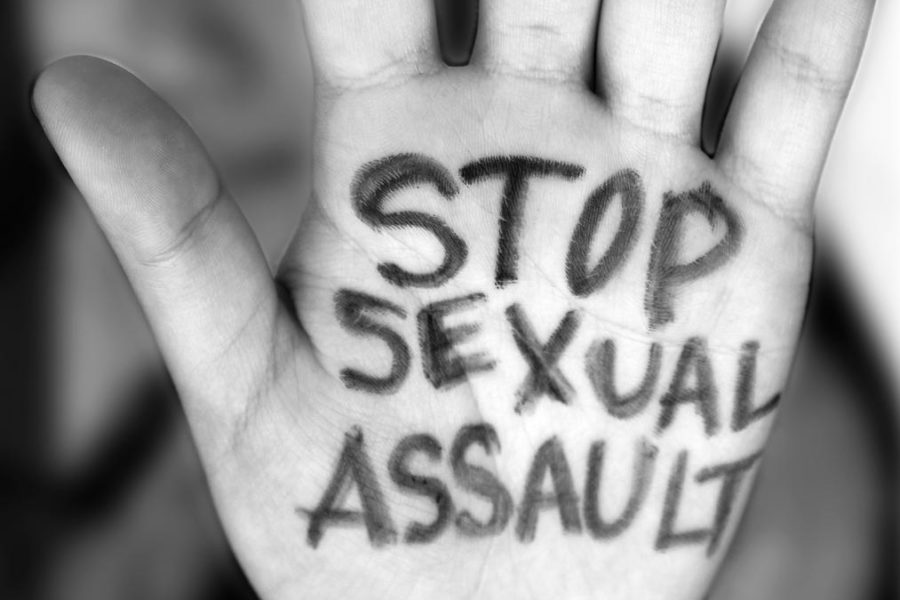Can o’ worms
Sports’ harassment, assault enigma continues to confuse (Part II)
Sexual assault, abuse, and harassment cases have recently been brought to light by the #MeToo movement, encouraging women in sports, Hollywood and the workplace to speak up. In Coppell, the number of reported sexual assault cases has only fluctuated slightly and remained low, ranging from one to nine cases per year.
January 24, 2018
Editor’s note: This story is a part of The Sidekick series on the #MeToo movement and sexual harassment.
Sexual harassment or assault, along with domestic violence are, always have been and always will be wrong. There is no excuse for committing these crimes, yet the fact of the matter is both of these heinous offenses happen every day and affect everyone.
There are few platforms bigger than college or professional sports in America, and the fact is these athletes are humans. And as humans, they make mistakes, yet contrary to an average citizen being accused of misconduct, these cases get national coverage and suddenly the players are featured in headlines due to accusations about the ill-advised choices in question.
In the past few years, the news seemingly always has at least one story about an athlete that has recently gotten into trouble. Along with these stories come questions about just how institutions such as the NFL, NCAA and MLB respond to these cases.
When instances such as these present themselves, it seems that the organizations involved often make questionable decisions when it comes down to what to do with these players.
The NFL, the pinnacle of American sports, is constantly in the spotlight for dealing with misconduct cases. To go with the countless cases, it seems that the league just cannot get a grasp on what to do with these players.
I am not here to grumble about NFL decisions in question such as the Ezekiel Elliott or Ray Rice cases, as others have done before. What I do believe is that doing something is better than doing nothing.
Until recent years, athletes along with those in power have been able to get away with crimes that would put the average man behind bars or at least leave them unemployed, but with more and more women coming forward and identifying everyone from athletes to media members to political figures, the rules for how to deal with these scenarios are still being written.
In our culture, when someone does something wrong there is usually a set process with very specific rules on how to solve the issue. Sexual misconduct by nature is far more complex than stealing or speeding.
The argument for a baseline penalty seems good until you delve deeper into the topic. For example, the aforementioned Elliott and Rice are two key scenarios of NFL suspensions that just do not make sense.
In Elliott’s case, there was evidence of misconduct yet neither law enforcement nor the NFL’s special investigators could come away with a firm decision, yet it led to a six-game suspension.
On the other end of the spectrum, Rice was suspended two games by the NFL after assaulting his then-fiancée Janay Palmer. When the video of the altercation was released to the public, it was obvious the punishment did not fit the crime, leading to a media field day and cries out from the public, which eventually led to Rice’s indefinite suspension (which was lifted just months after the incident).
Two assault cases, two different responses from the league. It seems there will never be a baseline for how to deal with these cases, leading to question marks every single time an issue arises.
There is no clear-cut answer, and this will never cease to be a problem. But at least something is being done.
We are in a better position for dealing with these issues than we were five or 10 years ago.
Now that the discussion has started, we, as a society, must take action and push for progress, because words can only do so much.










